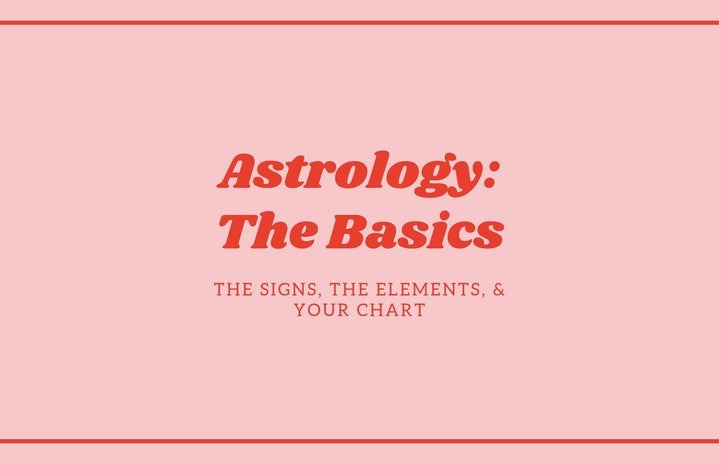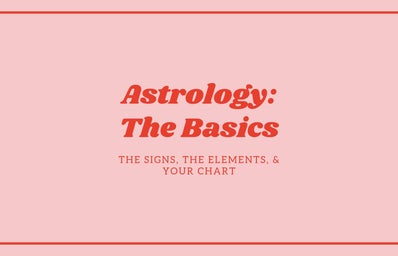
Astrology. It’s either some sort of divination that serves meaningful insight into idiosyncracies beyond scientific understanding, or it’s just… a meme. For the most part, astrology is a pseudoscience – it does not effectively hold up to empirical studies using the scientific method. But its merits are much more conceived than a sun sign stereotype or a daily horoscope.
First, there are 4 main components that denote a theory to the pseudoscientific realm: exaggerated ideas, lack of falsifiability, dependency on conformation bias, and absence of peer review. On the other hand, a science is falsifiable, reproducible, testable, and universal. By these standards, most scientists decry astrology as a pseudoscience. Karl Popper, a philosopher of science during the 20th century, emphasized the importance of a demarcation line between pseudoscience and science and reasoned that astrology claims were ambigous and vague.
Astrology is a practice rich in cultural history and has fascinating ancient applications. The birthplace of astrology is generally attributed to Babylonia, they used astrology to predict celestial events. The zodiac wheel/natal chart was first produced around 700 B.C. Eventually, astrology was introduced to the Greeks and Romans, whom catapulted the rise of astrology into the western world. In 140 A.D. the 12 zodiac signs were popularized, from the works of Ptolemy’s Tetrabiblios.

NASA explains the scientific origin of astrology quite well. If you were to draw a straight line from the Earth to the Sun, and then follow the earth as it orbits around the sun, you would see that this line would move, aligning to different constellations throughout the whole year (one complete trip). These constellations preceded the names of the 12 zodiacs, and the dates of the zodiacs used to match with the placement of the sun and the constellation. However, since the earth has precessed, the constellations no longer match their corresponding sun position; so now astrologers used the artificial vantage points to calculate the relative position of the sun and planets. Simply, if you were born when the sun is in the fixed position of Aries, you’re an Aries.
Astrology and astronomy ended their love affair during the 17th century enlightenment period, and are still hostile today. Since astrology no longer uses the real constellations, it disregards the fact that the earth actually passes 13 constellations (Ophiuchus, anyone?) during its orbit. After this deportation, astrology became more of a method to predict events and temperaments.
Astrologers have attempted to prove their beliefs empirically to some avail. One of the most popular findings was the prevalence of the “Mars effect,” in which superior athletic performance was statistically correlated to the position of Mars on the horizon at the time of birth. He also found correlations between other professions and the Moon, Venus. Unfortunately, some of these studies haven’t been efficiently replicated, which may suggest selection bias.

So should you believe in astrology? If your main concern is its scientific validation, the you won’t find answers in it. But it seems that most astrologers already know that, and believe the real answers are found beneath the lines. I don’t believe in astrology, but as a Gemini moon and Capricorn rising, what else would you expect?



